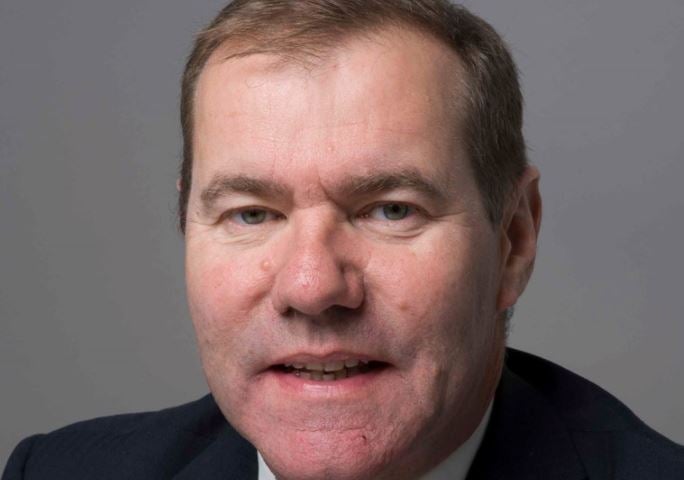
Journalists may be playing “too safe”, the head of Britain’s biggest press regulator has warned.
Matt Tee, chief executive of the Independent Press Standards Organisation (IPSO) warned of a “democratic deficit” created by cutbacks in the industry – and the rising power of public relations.
“My worry is that some people are staying too safe and that some journalism that should be happening maybe isn’t happening,” he told the Holding Power To Account investigative journalism training school at Leeds Trinity University last week.
“I worry that a combination of newsrooms getting smaller and local newspapers being increasingly poorly-resourced and an increasing lack of transparency in local government and all public services is leaving us with a significant democratic deficit.
“I worry that editors who are already finding it difficult and don’t have the level of budgets or good investigative journalists, while public services have very assertive press offices working for them and councils often have more press officers than there are journalists on the local paper.
“I’m worried that the combination of resources and the strength of those communications departments means that local newspapers are not running stories that they might do if they were better-resourced or more confident.
“My concern is that the editor says: ‘The last thing I need now is an adjudication against me by IPSO. Let’s just stay on the safe side of this’.”
Holding Power To Account was organised by Nigel Green, a crime and investigative reporter and Associate Principal Lecturer at Leeds Trinity.
Green said: “I would never defend phone-hacking but what I repeatedly tell students is that the biggest threat to journalism today is a passive press.
“So, it was reassuring to hear the chief executive of IPSO pretty much saying the same.
“My experience as a journalist and a researcher is that far too many regional newspapers now merely publish what police, councils and other powerful bodies send them.
“Yes, the world has changed since I started as a trainee back in the 1980s and resources are sparse but there is also a dangerous mindset among some editors of not wanting to bite the hand that feeds.
“We have to train the next generation of journalists that, even with limited time and money, they can still do investigations or, at the very least, check and challenge what they are told.”
In a bid to tackle the “democratic deficit” said to have resulted from cuts to staff on local titles that has left council meetings going unreported, the BBC has launched the Local News Partnership.
The project, part of a deal worked out with the News Media Association, includes 150 “local democracy reporters” funded by the BBC who will work on regional newsdesks across the UK to report on local authorities.
Email pged@pressgazette.co.uk to point out mistakes, provide story tips or send in a letter for publication on our "Letters Page" blog
